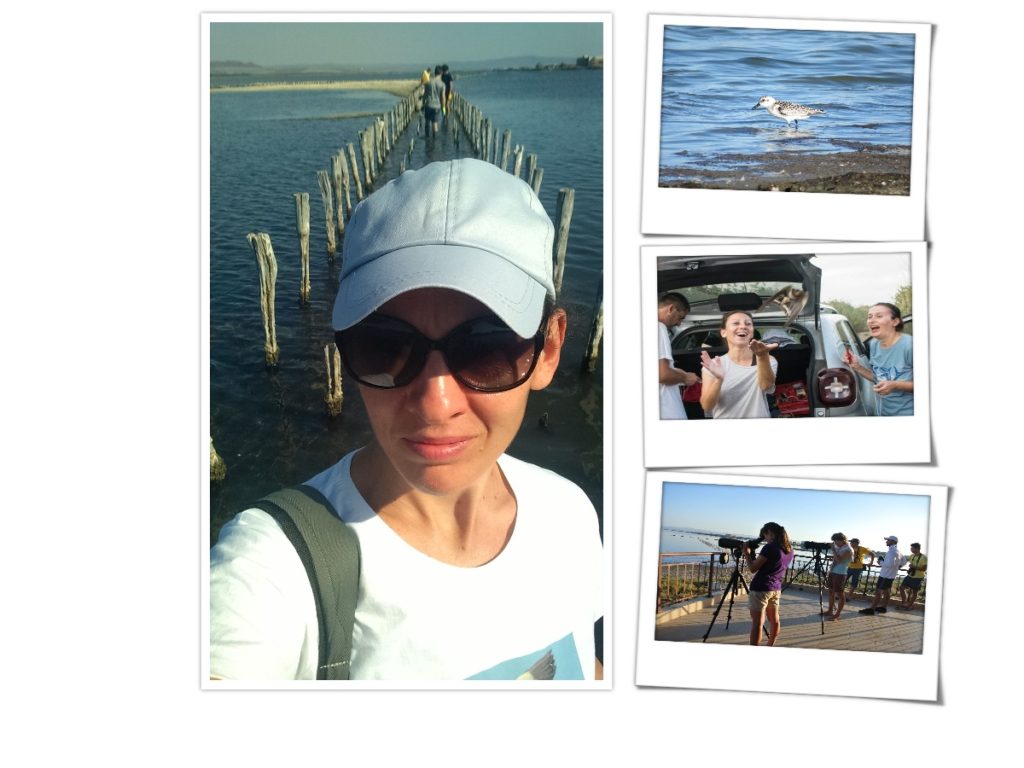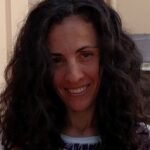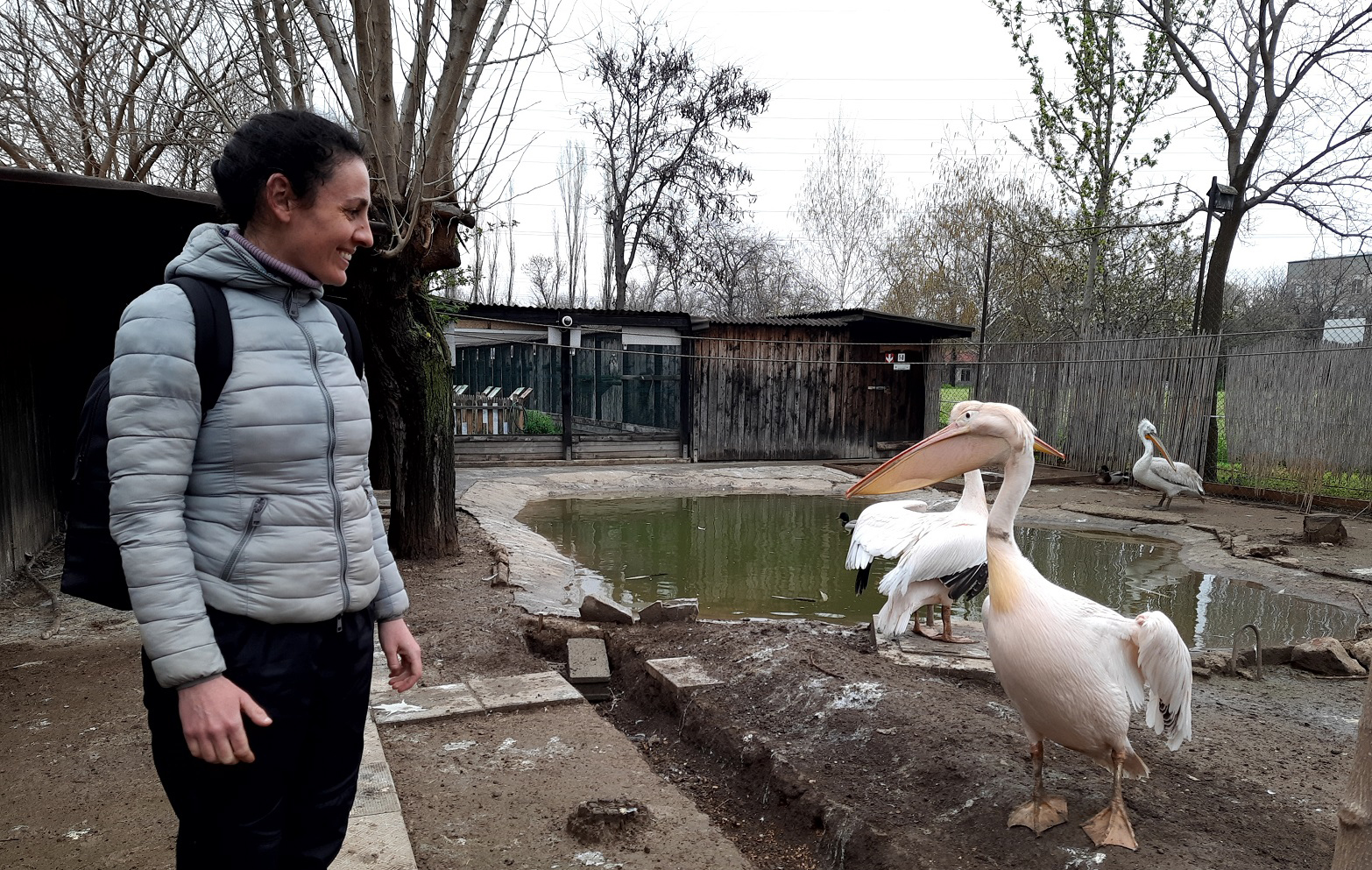Table of Contents
1 Half-time holidays with full-time fun
2 Becoming a citizen scientist by Pomorie Lake
4 Celebrating Conservation: Symbols of Change
5 Eco-tourism with a Purpose: Combining Work and Leisure
Half-time holidays with full-time fun
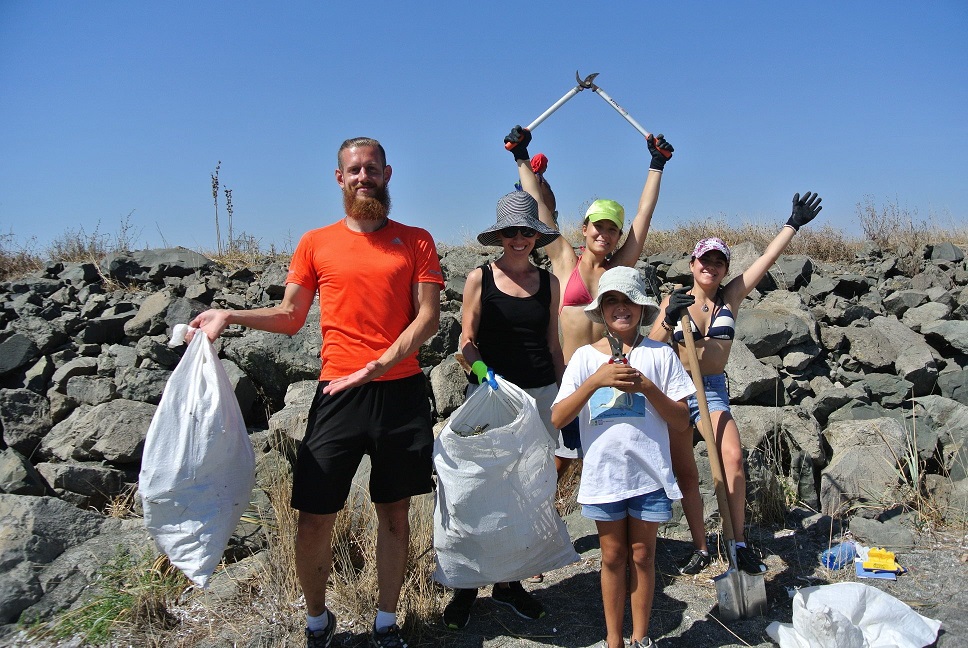
For a one-week bird-watching vacation on Pomorie Lake (Bulgaria) in September, I helped to transfer about 2 tons of sand, got a present from litter, make new friends and connected to the citizen science social movement via the iNaturalist app.
I learned about the project during a bird-watching excursion by Pomorie Lake in June.
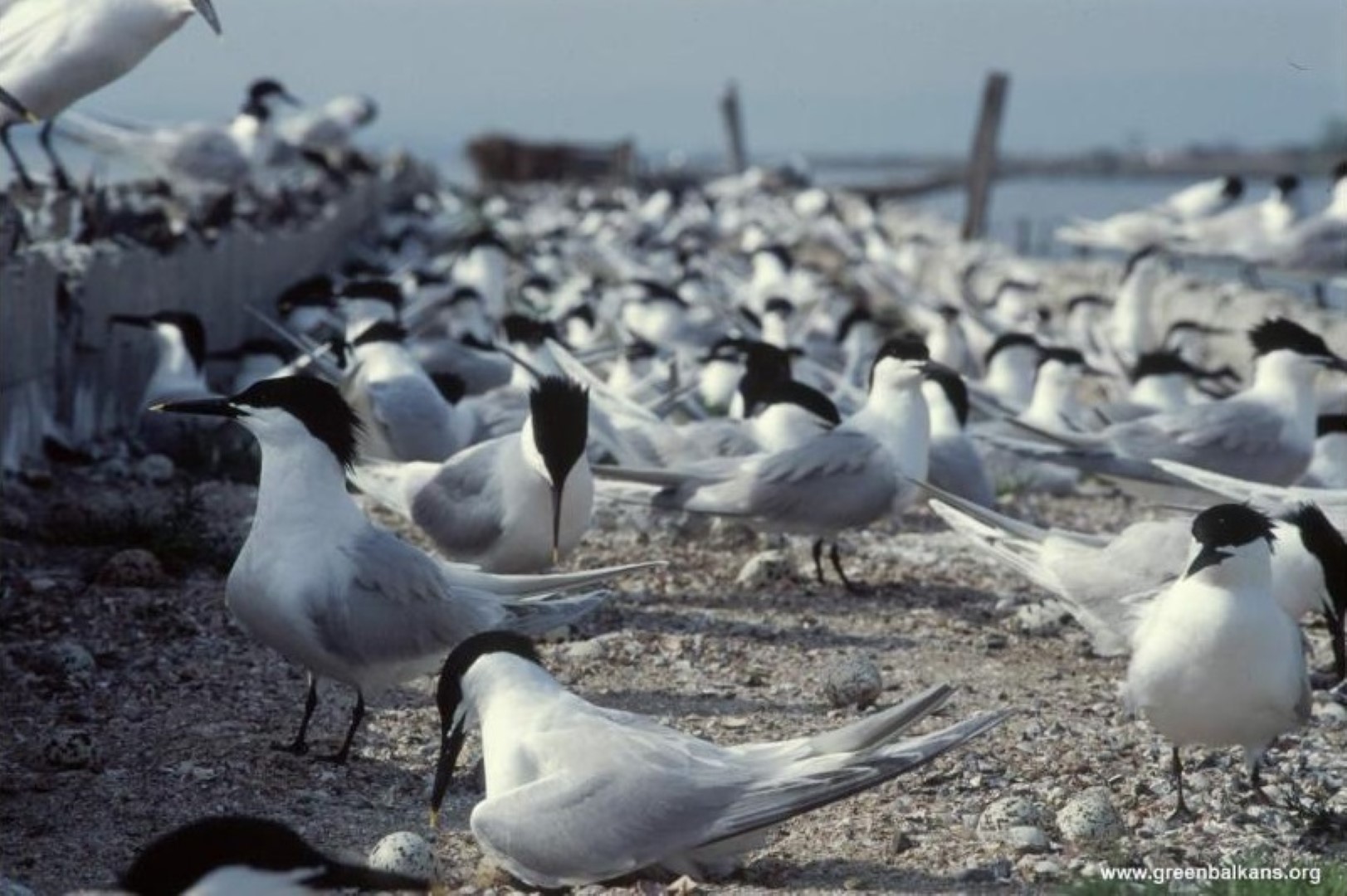
Located along a key migratory route Via Pontica, Pomorie Lake is home to over 250 bird species, making it an exceptional destination for birdwatching tours in Bulgaria.
The Pomorie Lake Conservation Brigade by Green Balkans, which spans 25 years, is a wonderful example of combining volunteer work, educational activities, and leisure. Its primary focus is protecting the habitats of sandwich terns, seagull-like birds - the feathered symbols of Pomorie.
This type of holidays is labour-intensive but it's more enjoyable than standard vocations because it's more eventful. To get it right, it’s essential to understand the structure and principles of the Brigade.
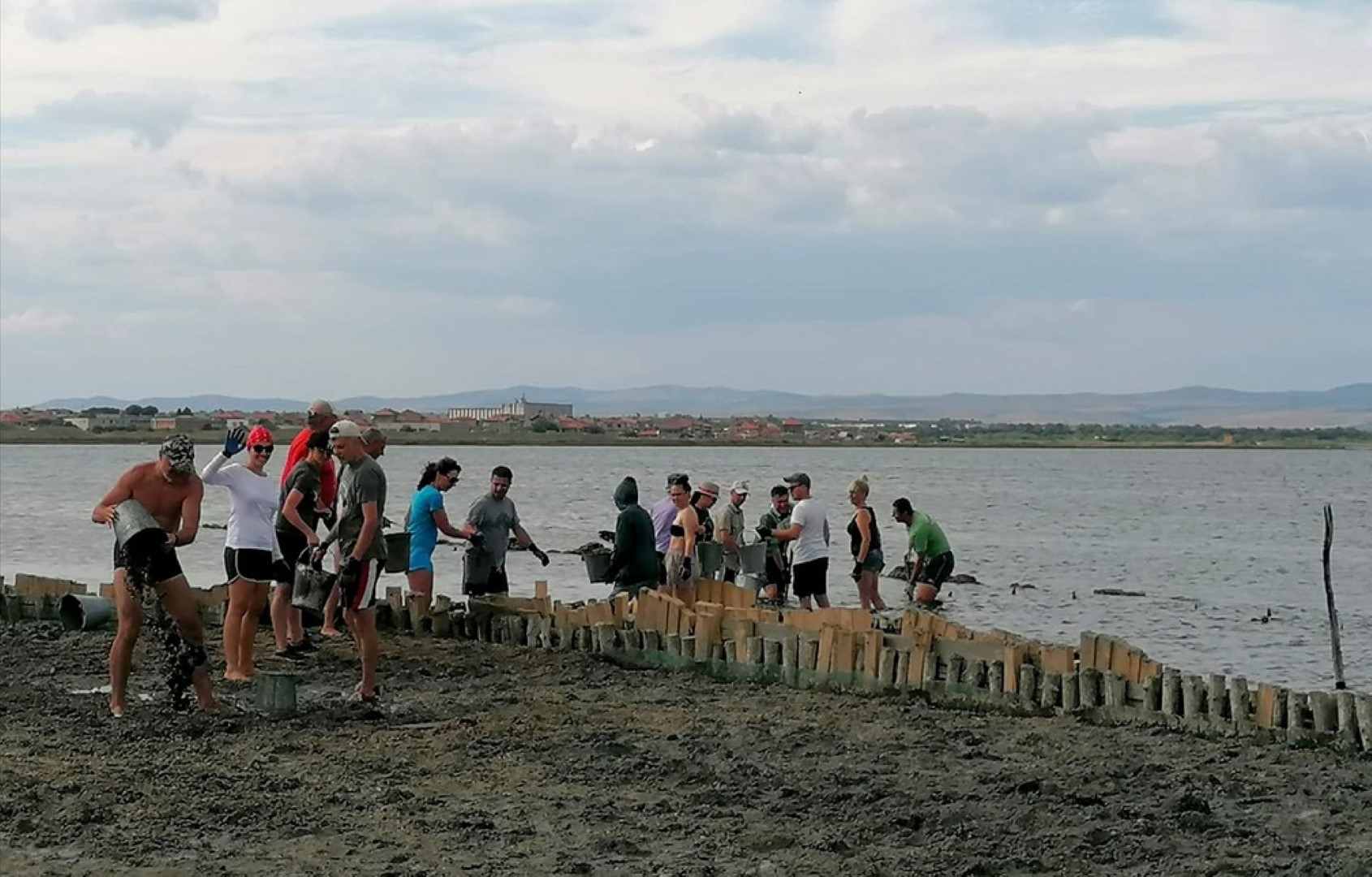
During four morning hours, we worked on three tasks: transferring sand from the bank of the lake to an artificial island, removing weeds by hand and collecting litter. The goal was to create for birds comfortable conditions for nesting and rest during migration.
The manual labour is the only feasible solution in nature reserves where the use of chemicals and massive machines are forbidden.
The afternoon time, 2-3 hours, we spent on educational activities: bird ringing, lectures on biodiversity of Pomorie Lake, cetaceans of the Black sea and vultures in Bulgaria.
Here, I witnessed firsthand the importance of preserving natural habitats for migratory birds. With every moment spent near the lake, I deepened my understanding of birding in Burgas, a region renowned for its rich biodiversity.
Becoming a citizen scientist by Pomorie Lake
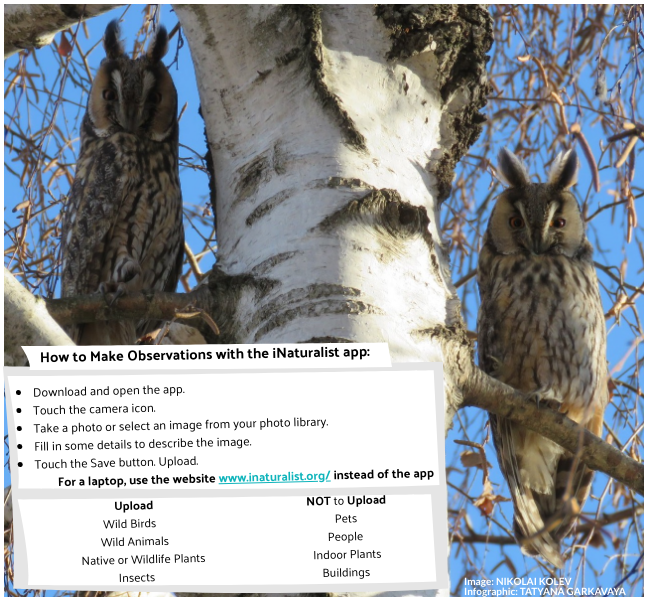
Most of all I enjoyed a workshop about citizen science with the use of iNaturalist app by Stanimira Deleva, a biologist, cave researcher and PhD student of the University of Costa Rica.
Citizen science is gaining popularity during the pandemic.
Because of travel restrictions and quarantines, scientists all over the world cannot move freely and continue their studies. Ordinary people can support many research activities by taking pictures of nature with mobile phones and uploading them to citizen science websites, like iNaturalist.
The species will be identified by academics, so the authors of the images can also learn a lot about natural wonders around them.
Peer learning in action
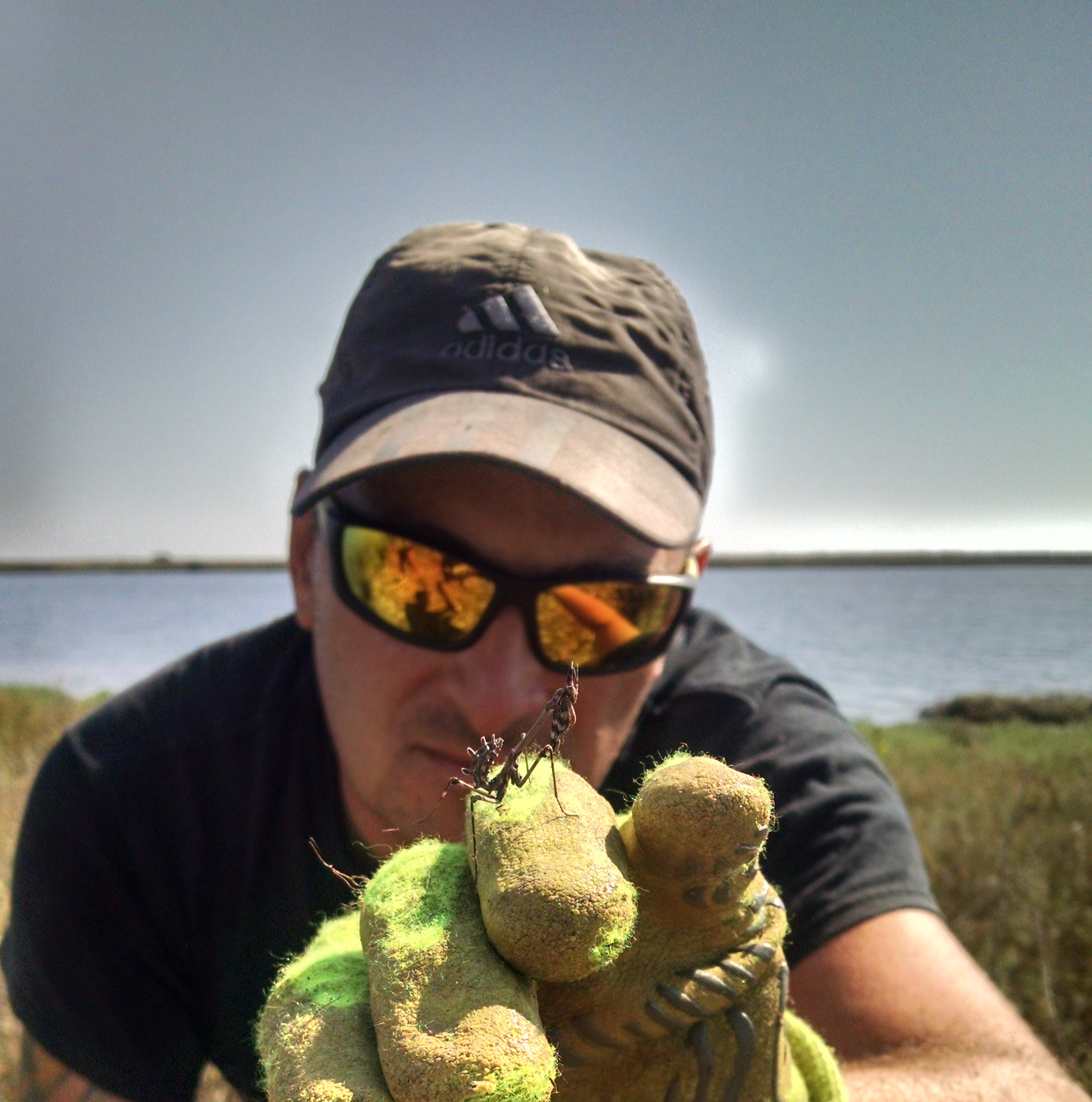
One of the most rewarding aspects of the Pomorie Lake Brigade was the incredible people I met along the way.
Volunteers came from diverse backgrounds, from seasoned environmentalists to nature lovers like myself.
Nikolai Kolev from Radnevo (Stara Zagora) was one of the most outstanding volunteers. He's an avid certified birdwatcher and a keen citizen scientist. For over six years he has been collecting bird observations and sharing the data with Bulgarian environmental organizations.

His job in the power industry is not related to the environment. Taking nature photography and doing monitoring of different species are fascinating hobbies. But his high quality and systematic observations have gained him respect of enviromentalists.
Recently, Nikolai has done an online course on ornithology by Nord University (Norway), and this has allowed him to improve the methods of working with the data.
His photographs of rare birds, such as flamingos and sanderlings, captured the magic of the lake and encouraged us all to pay closer attention to the wildlife around us.
Celebrating Conservation: Symbols of Change
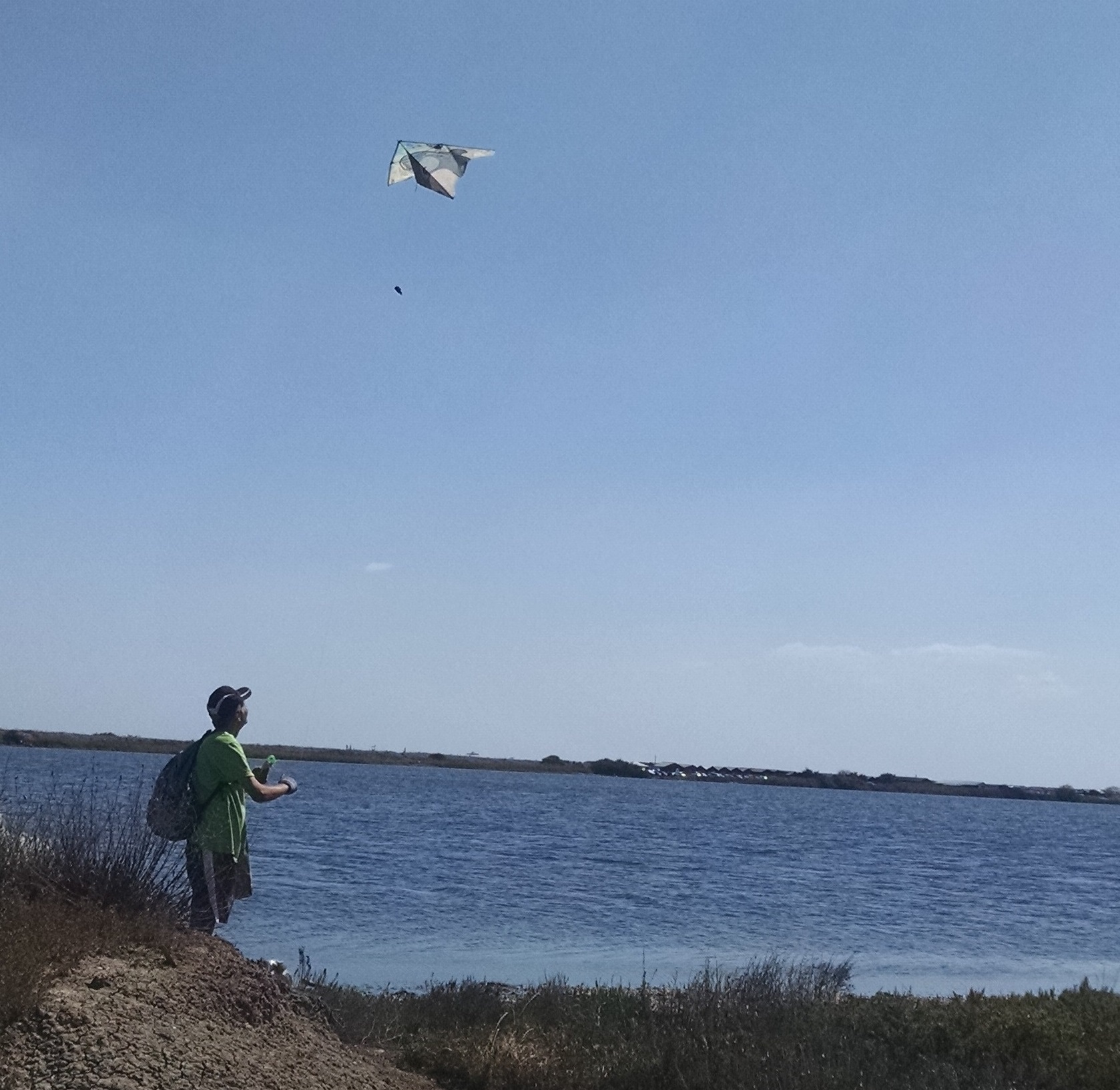
While the work at Pomorie Lake is labor-intensive, it is also incredibly rewarding.
Every year, volunteers collect over 50 bags of garbage from the lake and its surroundings, tackling pollution that affects both the wildlife and the local community.
For two days I collected litter together with the oldest volunteers of the Brigade that joined the project 25 years ago.
Despite living in different countries, every year they plan a holiday in Pomorie for the first week of September, the usual time of the Brigade. It’s become a good tradition to work with spades at the lake in the morning and relax with a beer at the sea in the afternoon.
As I worked side by side with dedicated conservationists, I couldn’t help but be moved by the symbolic gestures some volunteers made. One of the most memorable one was Stefan Ivanov launching a kite found in collected trash — a reminder that even in waste, there is hope for renewal.
Stefan immediately launched the kite and enthusiastically proclaimed: ‘It’s absolutely functional! Let it be the symbol of the 25th Brigade!’
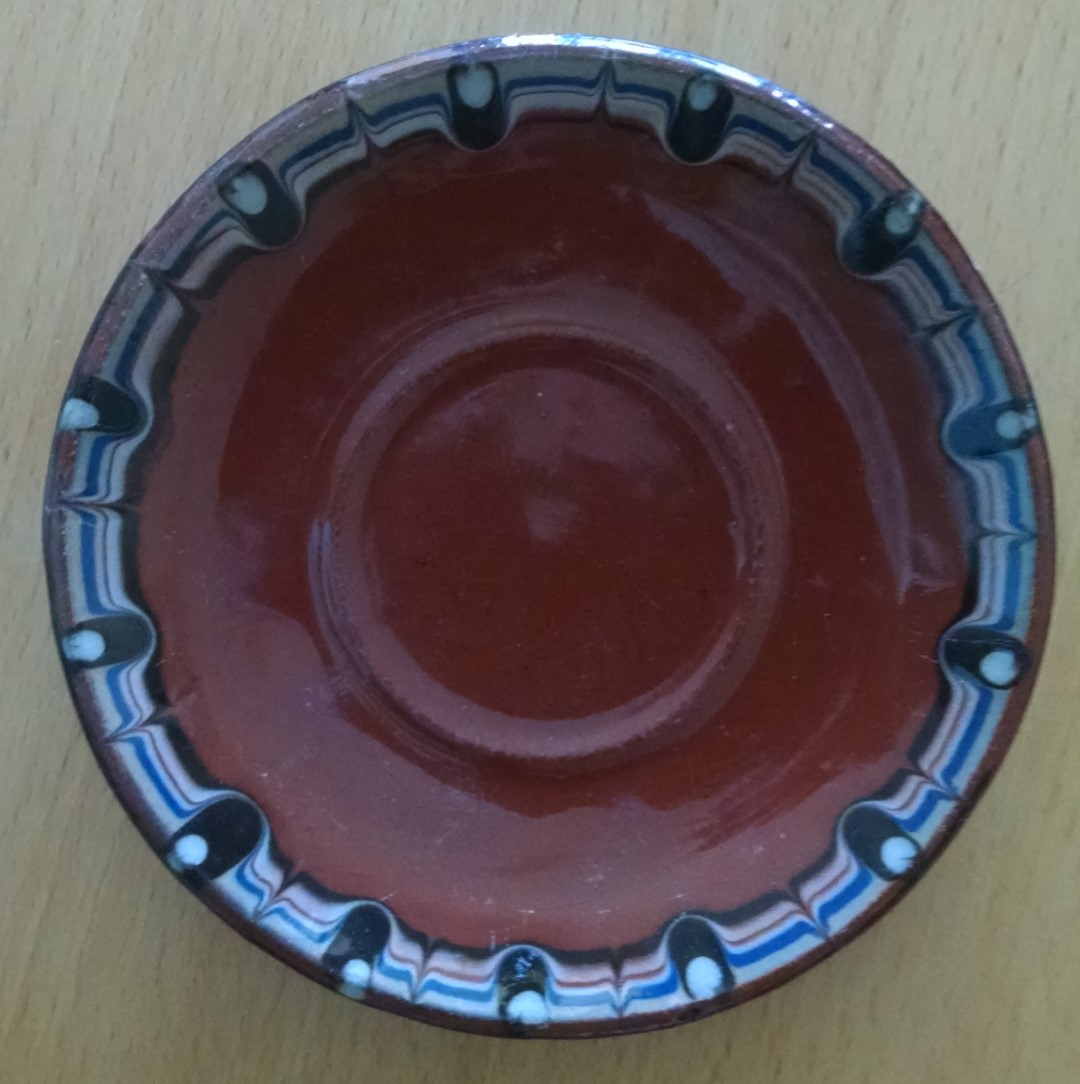
Another Stefan’s finding was a coffee saucer with a traditional Bulgarian design. ‘It’s in good condition! Let it be a memorable present for you from this year’s Brigade’, - joyfully concluded Stefan and gave me the clay saucer.
‘I was born on 22 April, Earth Day, so it’s very symbolic and logical that I need to be constantly connected to nature and support environmental causes’, - explained Stefan his interpretations of the unusual findings.
Eco-tourism with a Purpose: Combining Work and Leisure
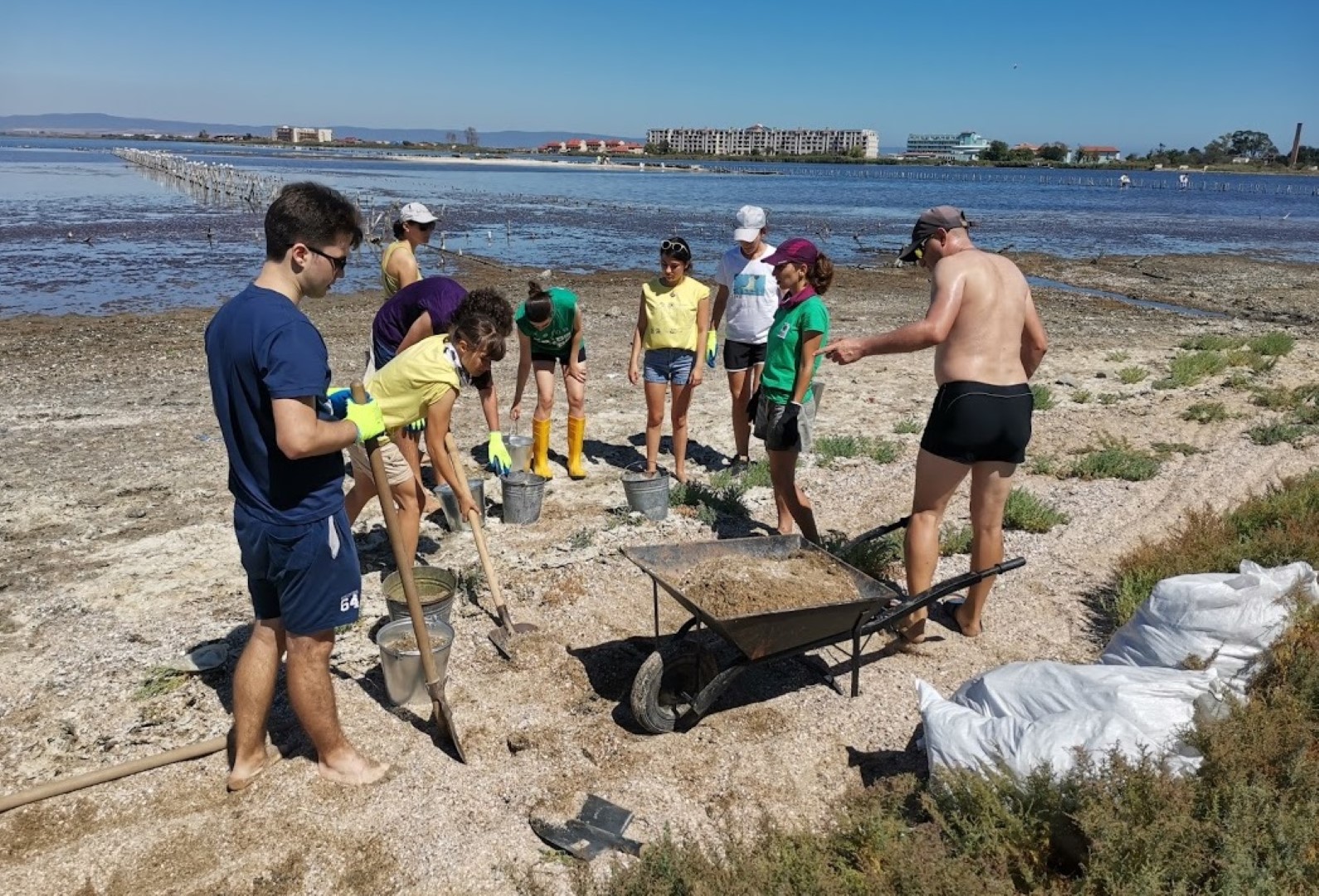
The basic framework of the Brigade’s timetable was coordinated by Green Balkans but the management of the communication, working process and some activities were co-created with volunteers. Many of them were students who wanted to work for conservation reserves.
The key person that facilitated communication was our youngest activist 19-year-old Mina Popova, a participant of 2 Brigades. A student of ecology and the protection of the environment at Plovdiv University, Mina aims to learn reserves' functions from different sides. In her hometown Plovdiv, she raises the public awareness of environmental issues by volunteering with local museums and environmental NGOs.
Another important activist that captured most of our activities was Alexander Petkov, in the photo below. He studies landscape ecology and the protection of the environment in Germany but wants to work in Bulgaria because there's more natural diversity in his home country. He participated in the Brigade for the second time and treated it as practical complementary training.
Our experience wasn’t just about hard work; it was also about enjoying the simple pleasures of life in nature. In the afternoons, we relaxed by the lake, soaking up the sun, exchanging stories, and forging lasting friendships.
The community aspect of this event truly made it a special and fulfilling experience.
Making our own history
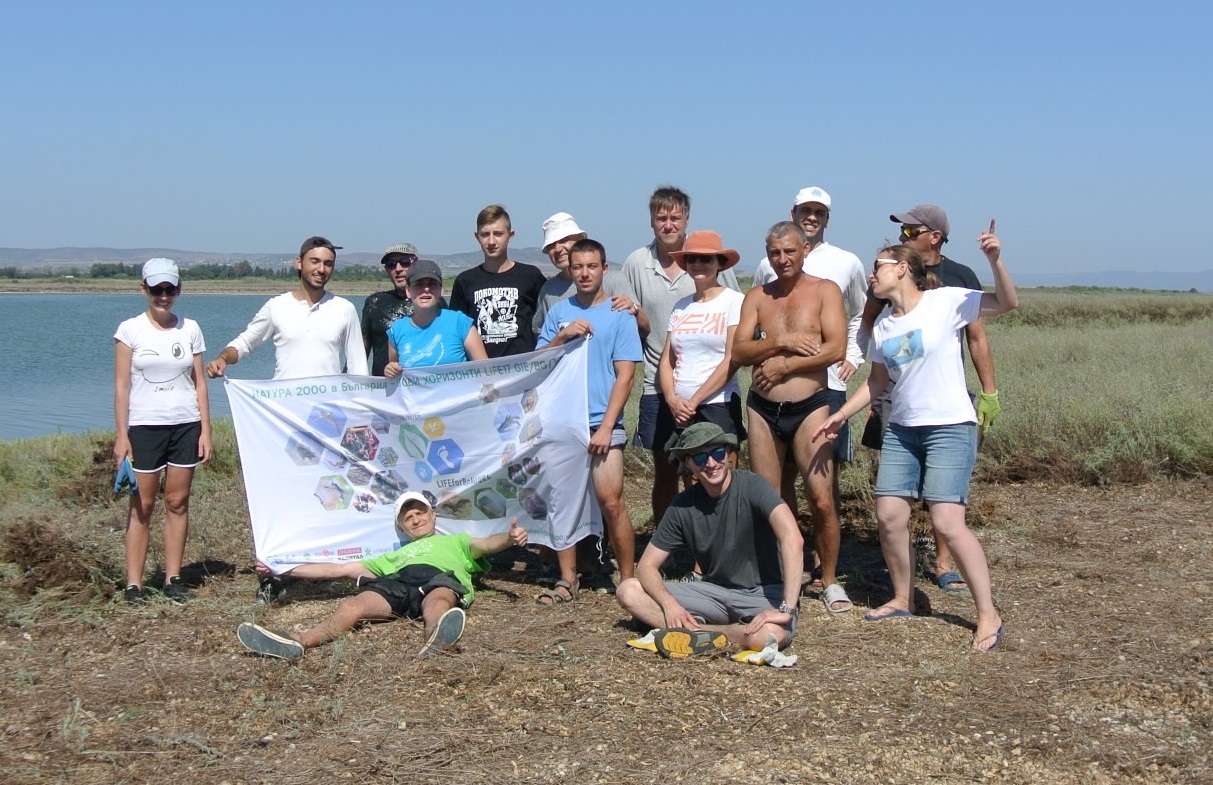
For the three days, we enjoyed ourselves by posing for a documentary made by Hobby TV. They filmed us from the air, land and water. In turn, we were filming them and taking selfies.
Miroslav Tonev, a Hobby TV cameraman with a degree in biology became a part of our team.
Miroslav provided us with practical advice on how to be productive while working in high temperatures. It’s essential to have a bottle of salty water to keep water and salt balance in the body and a bottle of sweet water with a bit of sugar to keep energy and avoid tiredness (food in the heat, in contrast, deprives of energy).
Some of us managed to combine hard work and spa treatment. Our French volunteer Lucien spiced up our routine with music and therapeutic mud. He always brought loudspeakers and a bucket of the mud offering everyone to follow his suit and cover oneself with mud. In several minutes this followed by bathing.
Our youngest volunteers, 7 schoolchildren from Sofia, several times initiated the Broken Telephone game trying to entertain a live chain staying in muddy water and transferring sand. But every time the game came upon a generation gap.
Having heard another phrase sent from the youngsters, some older volunteers tactfully noted that it would be better to do a foot spa in silence otherwise the Broken Telephone risks turning from a game into a reality.
Regardless of their ages and professions, everyone treated the volunteer vacation as motivational therapy, a great opportunity to learn oneself and nature by supporting nature conservation.
This type of experience is not about a one-time holiday, it’s something one wants to make a natural part of life. In one accord, we agreed to stay in touch and repeat a bird therapy next year.

